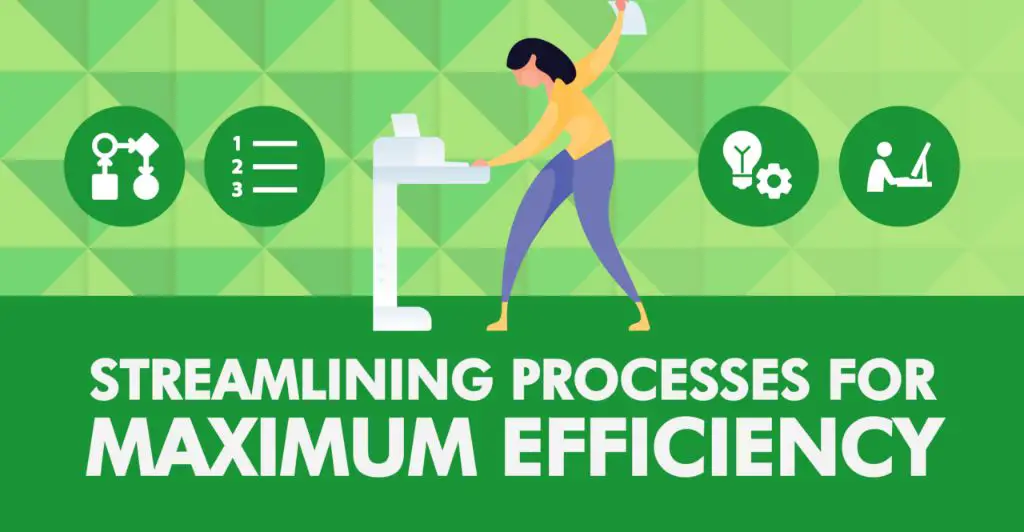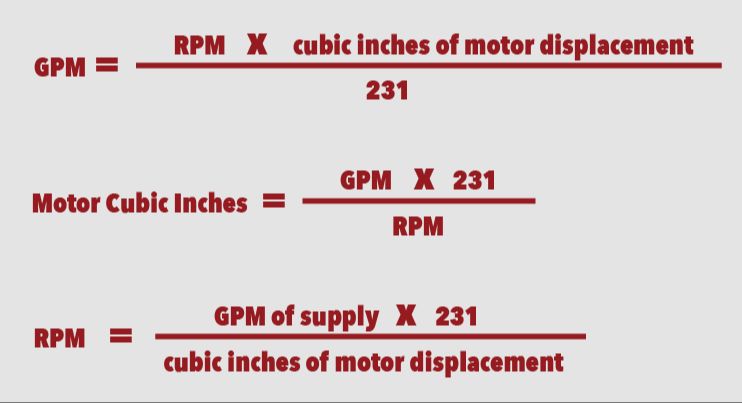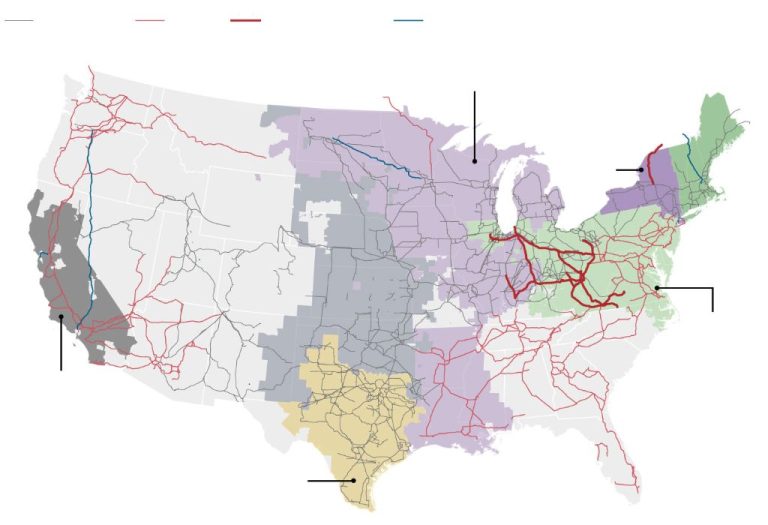What Is A Synonym For Working Efficiently?
Efficiency and productivity are two key concepts in the workplace. Efficiency refers to performing work well, without wasted effort or expense. It means working in a way that achieves maximum productivity with minimum wasted effort or expense. Productivity is a measure of output or results per unit of input. It refers to how much or how many goods, services or results can be produced with the resources used.
Increasing efficiency and productivity in the workplace provides many benefits. More efficient workers are able to get more done in less time, allowing them to take on additional work or projects. This can lead to increased profits and growth for businesses. Improved efficiency also helps reduce costs through less wasted resources and time. For employees, working efficiently can result in less stress and increased job satisfaction from achieving more in their workday. Overall, efficiency and productivity are critical components of workplace success and competitiveness.
This article will explore in detail the meaning of efficiency, its connection to productivity, and how to boost efficiency in the workplace for positive impacts on workers and organizations.
Being Productive
Being productive means efficiently and effectively converting inputs into useful outputs in your work or tasks. According to https://www.betterup.com/blog/what-is-productivity, productivity is a measure of how efficiently a person, machine, system, etc. transforms inputs into useful outputs.
Some examples of being productive in the workplace include:
- Completing tasks on time or ahead of schedule
- Minimizing errors and defects in your work
- Contributing quality work that moves projects and goals forward
- Working on high-priority tasks first before less urgent ones
- Finding ways to streamline processes or workflows
- Asking clarifying questions to avoid roadblocks
- Blocking out distractions and minimizing interruptions during heads-down work
Being productive means you are working efficiently and making effective use of your time and resources to accomplish meaningful work. Productivity helps you, your team, and your organization achieve your goals.
Working Efficiently
Working efficiently means completing work tasks productively, accurately and in a timely manner without wasting time or effort. An efficient worker utilizes resources optimally to get the most done in the least amount of time. They establish effective working habits and routines that eliminate procrastination and distractions.
Some examples of working efficiently include:
- Setting daily priorities and sticking to them (https://clickup.com/blog/work-habits/)
- Minimizing interruptions by silencing phone notifications and closing unneeded browser tabs
- Using tools like calendars, to-do lists, and project management software to stay organized
- Working during peak energy hours when concentration is highest
- Delegating or outsourcing tasks outside of one’s expertise
- Breaking large projects into smaller, more manageable tasks
Efficient workers develop excellent time management skills. They don’t waste time on unimportant tasks or get bogged down with perfectionism. Their work style allows them to get the maximum amount of quality work done in a shorter period of time.
Relationship Between Productivity and Efficiency
Productivity and efficiency are closely related concepts that are often used interchangeably, but there are some key differences. According to HubSpot, productivity refers to the amount of work completed in a certain time period, while efficiency refers to completing work well with minimal wasted time or effort.
As the team at Clockify explains, “Productivity means doing more work during the same time frame, while efficiency means doing the same amount of work in less time.” So increasing productivity is about getting more done, while improving efficiency is about making better use of resources.
There is often a close connection between productivity and efficiency. As Timeular points out, when you work more efficiently you can get more done in the same amount of time, which boosts productivity. At the same time, increasing productivity often requires streamlining processes and eliminating waste, which improves efficiency.
In summary, productivity and efficiency are complementary concepts. Focusing on efficiency helps maximize productivity, while increasing productivity often requires improving efficiency. But they have slightly different meanings – productivity is output over time, while efficiency is completing work well with minimal waste.
Common Synonyms for Efficiency
When looking for a synonym for working efficiently, some common words that come to mind are:
- Productive – Being productive means working in an efficient manner that generates results.
- Streamlined – Streamlining a process involves identifying and eliminating unnecessary steps to improve efficiency.
- Optimized – Optimization refers to making something as effective and efficient as possible by fine-tuning it.

Other synonyms for efficiency include effective, capable, competent, proficient, dexterous, skillful, and adept (Thesaurus.com, https://www.thesaurus.com/browse/efficient). Using words like productive, streamlined, and optimized helps convey the meaning of working efficiently and diligently to produce maximum output.
Habits of Efficient Workers
Efficient workers tend to demonstrate certain habits that enable them to get more done in less time. Some key habits include:
- Time management – Efficient workers are skilled at managing their time through methods like prioritizing important tasks, scheduling time to complete tasks, and minimizing distractions.
- Organization – Keeping workspaces and tasks organized helps efficient workers quickly locate what they need to continue working. Tools like to-do lists, calendars, and file management help them stay organized.
- Focus – Efficient workers avoid multitasking and distractions by focusing on one task at a time. They may utilize techniques like shutting off notifications and avoiding unnecessary meetings.
- Goal-setting – Establishing productivity and efficiency goals enables efficient workers to stay focused and motivated in achieving targets.
- Process improvement – Efficient workers look for ways to continually improve how they complete tasks to maximize productivity.
- Rest and recovery – Taking regular breaks helps maintain energy and efficiency. Efficient workers build in time to recharge.
Developing and sticking to these effective habits results in efficient workers getting more quality work done in less time.
Benefits of Efficiency
Improving efficiency in the workplace can provide many important benefits for organizations and employees. Some of the key advantages of working efficiently include:
Improved Output – When employees maximize efficiency, they can complete more work in less time. This leads to greater overall output and productivity for the organization. Workers avoid wasting time and streamline processes to increase results.
Less Waste – Efficient operations create less wasted time, effort, and resources. Employees know how to properly allocate their time and energy to high-value tasks, reducing misused resources.
Increased Profits – With improved output and less waste, businesses can increase profits. Better efficiency allows organizations to lower costs while maintaining or boosting productivity and revenue. This supports profitability and growth.
Higher Quality – Efficiency encourages employees to refine processes and streamline efforts. With less unnecessary work and wasted steps, overall quality often improves. This provides customers with better products and services.
More Innovation – When workers spend less time on routine tasks, they can invest more energy into creative thinking and innovation. This promotes new ideas, fresh solutions, and valuable improvements.
How to Work More Efficiently
There are many practical ways to improve efficiency at work. Here are some tips for working more efficiently:
Set specific, measurable, achievable, relevant and time-bound (SMART) goals. Having clearly defined goals helps you stay focused and motivated.
Minimize distractions like social media, emails and unnecessary meetings. Close distracting apps and websites to focus on important tasks.
Take regular breaks to recharge. Working for prolonged periods without breaks leads to fatigue and reduced performance. Take a 5-10 minute break every 45-60 minutes.
Single-task instead of multi-tasking which often leads to errors and wasted time. Be present in the moment and fully focus on one task at a time.
Create daily and weekly to-do lists to prioritize important activities. Use productivity tools to schedule tasks and set reminders.
Declutter your workspace and processes. Organize files and streamline routines for greater efficiency.
Delegate tasks that can be handled by others to free up time for more important work.
Limit distractions and interruptions by working in quiet spaces, silencing phones, and setting online status to unavailable.
Improve processes through automation, collaboration, and communication. Find ways to complete tasks faster.
Take care of your physical and mental health. Eat nourishing foods, exercise, and get enough rest. Your health impacts your focus and drive.
Efficiency Tools and Strategies
There are various tools and strategies that can help improve efficiency in the workplace. Some key ones include:
Automation – This involves using technology to automate repetitive, routine tasks. Some examples include using macros in Excel to automate data entry or analyses, using AI chatbots to handle common customer service inquiries, and using workflow automation tools like Zapier or IFTTT to connect apps and automate processes.
Collaboration tools – Tools like Slack, Microsoft Teams, ProofHub 1, and Asana 2 help teams communicate, collaborate, and manage projects more efficiently. Features like group chat, file sharing, task management boards, and video conferencing eliminate unnecessary meetings and email chains.
Checklists – Having checklists for repetitive tasks or multi-step processes helps ensure consistency and completeness. Checklists reduce mental fatigue from trying to remember steps, and provide prompts to keep workflows smooth.
Dashboards/analytics – Having visibility into key metrics and productivity analytics helps identify bottlenecks, trends, and opportunities to streamline work. Dashboard tools like Geckoboard, Klipfolio, and Cyfe make data accessible.
Standard operating procedures – Documenting processes into SOPs or guidelines provides a consistent, optimized way of working. This reduces variability and mistakes that can hamper efficiency.
Workload management – Using workload management software helps schedule and assign work in a way that maximizes focus and flow. This avoids multitasking and context switching that destroys productivity.
By implementing the right mix of tools and strategies, organizations can significantly boost workplace efficiency and productivity.
Conclusion
In summary, efficiency in the workplace is extremely important. By working efficiently, employees can get more done in less time, meet deadlines, reduce stress, and boost overall productivity. Some key strategies for improving efficiency include organizing tasks, minimizing distractions, automating repetitive work, taking breaks, collaboration with others, setting achievable goals, and using productivity tools and apps. Companies should aim to foster a culture of efficiency by providing training, resources, and incentives. Efficient work ultimately benefits both the employee through greater job satisfaction and career growth, as well as the employer through cost savings, profitability, and the ability to scale. The numerous strategies covered here demonstrate that efficiency can be systematically improved through deliberate changes in habits, workflows, and management techniques.






